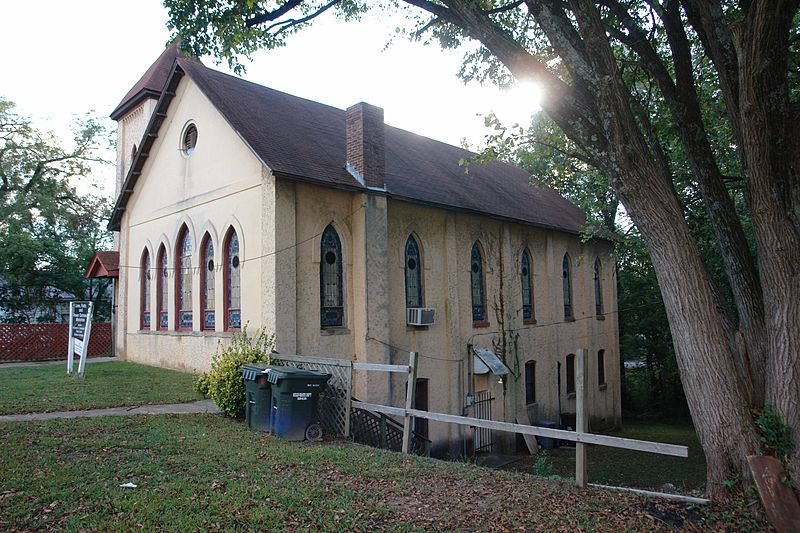The History of Violence Against Black Churches
Why are black churches a target for violence?

Stephen Henderson sits down with Kadida Williams, associate professor of African American history at Wayne State University, and Danielle McGuire, assistant professor of history at Wayne State, to talk about the history of violence at southern black churches and the aftermath of the Charleston, South Carolina massacre. The key points of their discussion:
- Why are black churches targets?: Williams says African American churches have historically been a rallying point for the spiritual, political, and economic well being for African Americans in the South and this has made them vulnerable to racist attacks. She says it is tempting for people to look at the Charleston shooting and burning of black churches and not associate these events with other instances of discrimination such as police brutality against African Americans. McGuire says attacks on black churches may be the result of white people feeling threatened by a perceived loss of privilege as America’s racial demographics shift. She says white people often feel like conversations about racial issues are not necessary and instead react defensively instead of empathetically when they hear about violent racism. She stresses her belief that people need to broaden the diversity of their experiences and the people with whom they communicate, as well as engage in conversations about race every day.
- Talking about whiteness: According to Williams, conversations about racial issues should not just be centered on “blackness” or people of color, but on “whiteness” as well. She says the history of white identity and understanding who is welcomed under the racial umbrella of whiteness is very important to these discussions. Although racial demographics of America are changing, she says white minority rule has been a norm throughout global history and she can’t see “white culture” conceding power anytime soon.
- Commemorating Confederates: Stephen, Williams, and McGuire discuss appropriate ways to commemorate ancestors who fought on the Southern side of the Civil War. Williams says having honest conversations and learning more about the truth of history is critical. She says it is okay to honor confederate ancestors and their belief in a different kind of nation, but says we should not have a selective memory about what they stood for.
Listen to the full conversation by clicking the audio link above.
